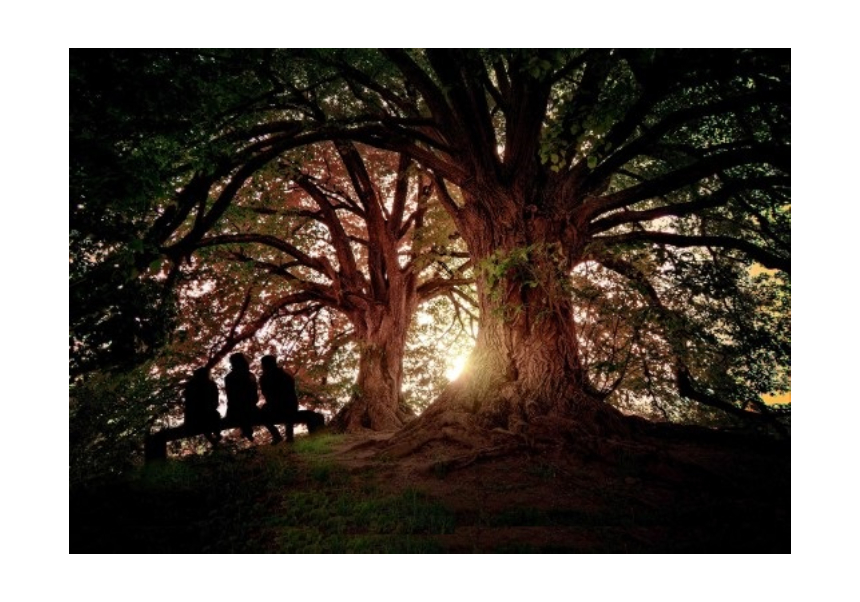
On June 28th we celebrate World Tree Day, with the aim of informing about the importance of trees and to raise awareness about the need to conserve the environment. This International Day was proposed by the World Forestry Congress held in Rome in 1969.
Esther Bochet, researcher at CIDE, explains the role that trees play in ecosystems: “Through their interaction with soil, water, air, animals and other plants and the biological, geochemical and physical processes that derive from these interactions, trees fulfill ecological (regulation and protection), economic (production and provision) and social (leisure, education, science) functions that are essential for life on our planet. Among their key functions, trees help maintain the ecological conditions necessary for life on earth by regulating the water cycle (intercepting, storing, filtering, cleaning), the nutrient cycle (producing biomass and accumulating organic matter), air quality (they absorb polluting gases and particles) and climate (they transpire water vapor generated by rainfall, regulate temperature), contribute to soil formation and its subjection, help combat climate change (they convert CO2 from the atmosphere into O2) and are the main reserves of biodiversity on the planet. ”
The researcher adds that “the benefits or also called ‘ecosystem services’ that we get from forests derive from their functions and help us generally to improve our health and quality of life and to develop our economy. On the one hand, forests provide us with goods such as drinking water, food (fruits, animals, mushrooms, ...), raw materials for construction (fibers, wood, ...) and combustion, medicines and essential oils for cosmetics and perfumes. On the other hand, they buffer heavy rains reducing the risks of extreme events, control erosion avoiding landslides and landslides, contribute to recharge aquifers, convert atmospheric CO2 into plant biomass and oxygen thus reducing the concentration of one of the main greenhouse gases and reducing the effects of climate change, purify the air, help the conservation of biodiversity and reduce the risk of diseases and pests (less exposure to UV-B rays, less risk of zoonosis, infection and pandemics). Likewise, forests offer us landscapes of great beauty with their shapes, sounds, aromas and colors, part of our signs of identity, which we can use as an object of study for scientific research or for environmental education, as a recreational space for leisure activities (ecotourism, hiking, sports, hunting, ...) or simply as an object of contemplation with known therapeutic effects on our physical and mental health.”
With all these functions and benefits, trees have become the symbol of nature and balance. On a date like World Tree Day, it is a good time to become aware of their importance.
CIDE Communication










